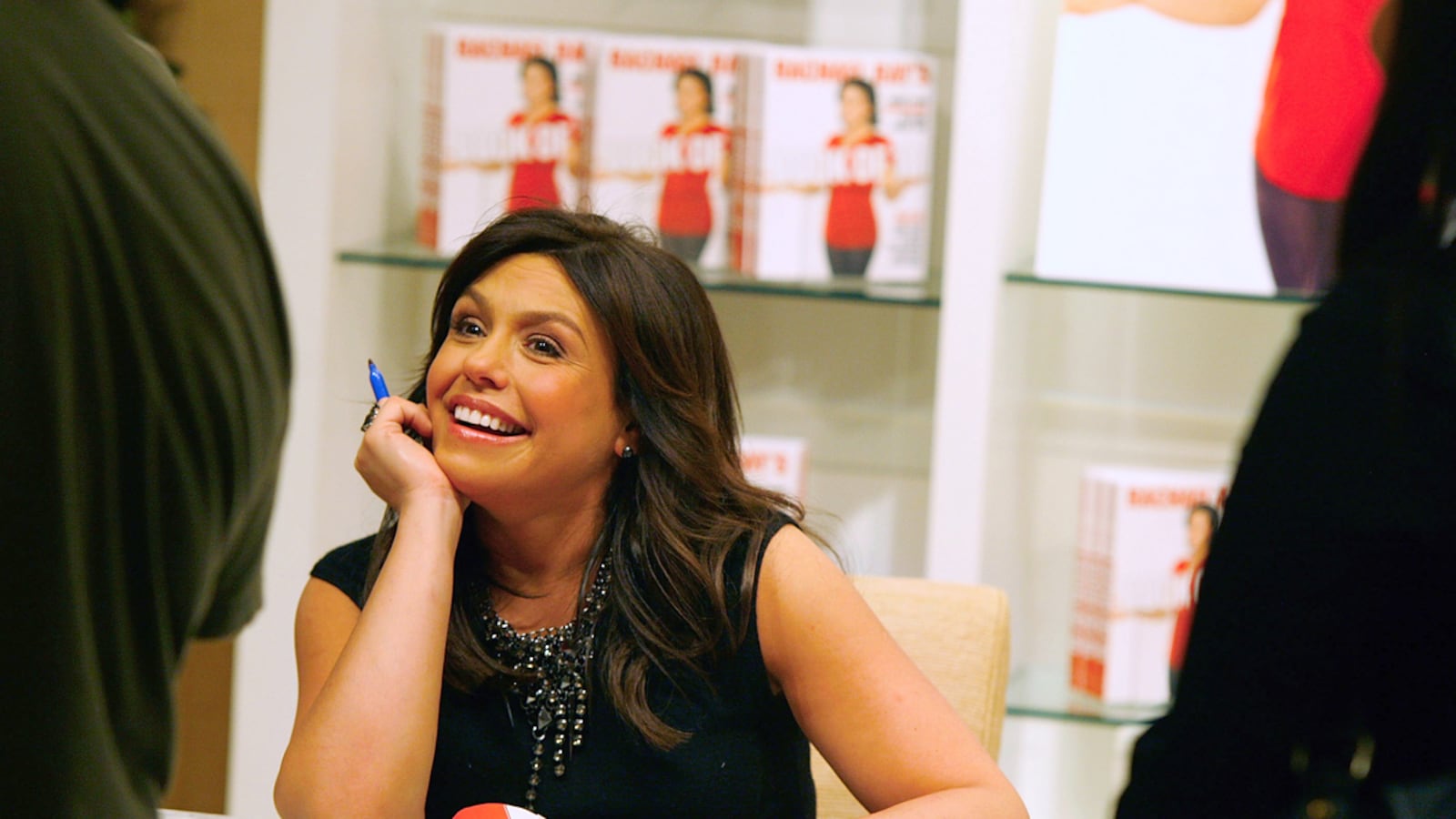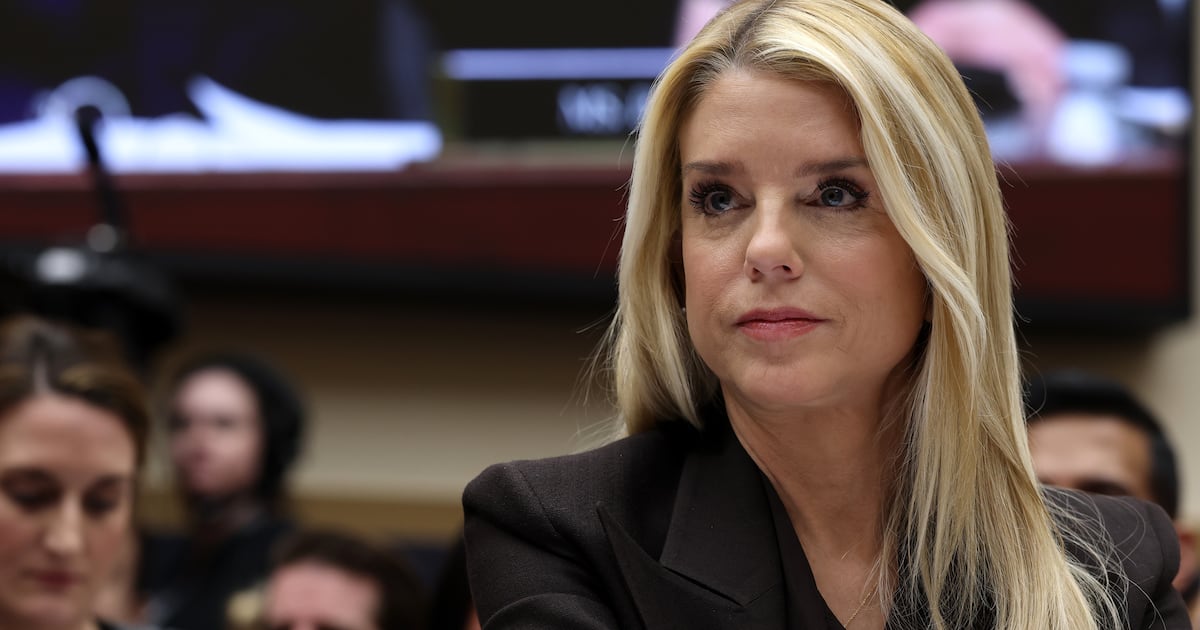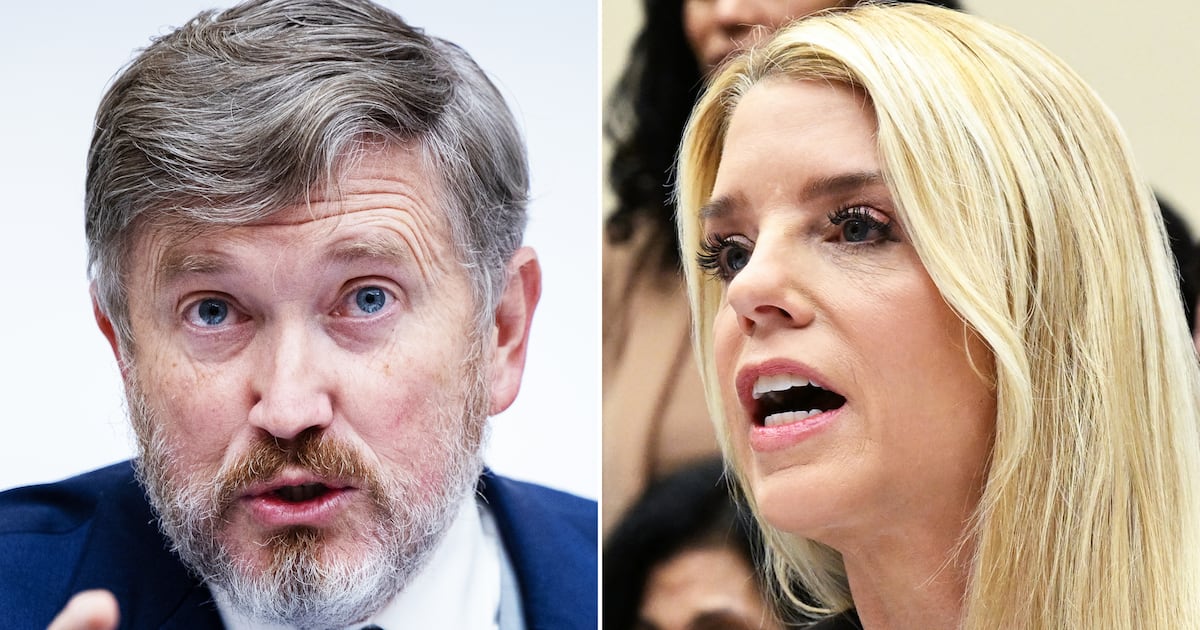The Webster’s definition of a ghostwriter could not be clearer: “one who writes books, articles, etc. for another who professes to be the author.” Collaborator is not nearly as sensational.
That’s why The New York Times set off a feeding frenzy with an article accompanied by a noirish illustration and emblazoned with the tabloid-worthy headline, “I Was a Cookbook Ghostwriter.” Chefs and other armed-with-knives celebrities who felt pink-slimed are still coming out of the kitchen woodwork to make the distinction: sure, they have help getting their recipes and thoughts into print, but they definitely do not employ ghostwriters. At least most don’t, or so Bobby Flay and Anne Burrell insisted on Today and Rachael Ray and Gwyneth Paltrow said on the former’s program Friday. Even Mario Batali’s publisher, Daniel Halpern, jumped into the food fight, announcing on Twitter that he had “many 3 a.m. MB emails” to prove authorship.
As link bait for page views, the article succeeded. It’s still generating buzz nearly two weeks after the press run has all gone off to the recycling center. As journalism, it fell short of the old “all the news that’s fit to print.” The reporter, Julia Moskin, called out Ray and Paltrow in particular but gave neither the chance to respond. Flay, with whom she has produced cookbooks, was quoted at length, but even he had more to say on television, including his suspicion that the article started out as a story of Moskin’s career before she joined the newspaper, rather than as an exposé.
Other “ghostwriters” were quoted anonymously in the piece, with broad hints dropped about which celebrities they might have been fronting for. (“One recent best-selling tome on regional cooking was produced entirely in a New York apartment kitchen, with almost no input from the author.”) No wonder at a media event I went to the day the piece was published, the question of the hour was, “Which food section sounds like Page 6 today?”
In a follow-up Diner’s Journal blog post, Moskin differentiated between “ghost cooking” and “ghostwriting,” hair-splitting worthy of Bill Clinton and his definition of “is.” When I emailed her about the controversy, she responded: “On the record, no comment.” And then suggested I direct additional questions to “corporate communications,” a top VP for which said the Times stands by the story.

As someone who has been in this business nearly 30 years and who has developed recipes for Every Day With Rachael Ray, I see this as a bit of a tempest in a tasting spoon. Didn’t everybody know Thomas Keller is no more likely to write a cookbook on his own than he is to personally whip up the “oysters and pearls” served up at the French Laundry anymore? One reason the book from his first restaurant has sold more than half a million copies, at $50 a pop, is that it was produced with two pros, Susie Heller and Michael Ruhlman, who get full credit. Chefs may be superheroes, but they can’t do everything. Books are hard work even for professional food writers with no Top Chef or South Beach food festival to worry about, let alone with no restaurants scattered around the world.
One of the first new-age celebrity chefs to come out with a cookbook, Jasper White of Boston, had the good grace to start his Cooking From New England way back in 1989 with: “I typed this book, but I did not write it. I doubt if anyone has ever really written a cookbook. I believe that the creative process in cooking is a matter of transforming small parts of a much greater body of folk knowledge into new variations, however slight the differences.”
Read the acknowledgments in almost any celebrity cookbook and you’ll turn up a collaborator, often more than one. Some chefs are just more generous than others—or some collaborators more demanding. Emeril Lagasse gives cover credit; writer Peter Kaminsky always gets co-credit with the chef. John Besh shares the copyright on his two books with Dorothy Kalins; Daniel Boulud has always been upfront about needing a hand at the keyboard.
Paltrow’s book sounds so heartfelt you can see why she would want to take full credit. But I reviewed it along with “Sheryl Crow’s” and “Eva Longoria’s” cookbooks last year for a magazine, and what struck me about all three was the quality of the collaborations: top-notch in the first two cases, rather slapdash in the third. In every case, though, a collaborator was definitely credited.
One of the most prolific collaborators also writes for the Times but has kept out of the foam-slinging—after 30-plus cookbooks, Melissa Clark has developed a big enough name to make the cover, most recently with White House pastry chef Bill Yosses and the Bromberg brothers of Blue Ribbon fame. Mark Bittman, an even bigger name at the Times, also credits collaborators deep inside his books. (Kerri Conan gets profuse thanks in How to Cook Everything Vegetarian.) Every one of the “Chef” columns that ran when I worked in the Dining section was produced with a writer who kneaded it into publishable shape. And didn’t Craig Claiborne famously collaborate with Pierre Franey on Sixty-Minute Gourmet? Where does the “ghostwriting” end?
The whole controversy feels like wingnuts attacking President Obama for using a teleprompter when virtually every public speaker does. But at least the soup-to-nuts sensationalism is relatively harmless. Unlike, say, the yellowcake hype that helped launch a war in Iraq...






